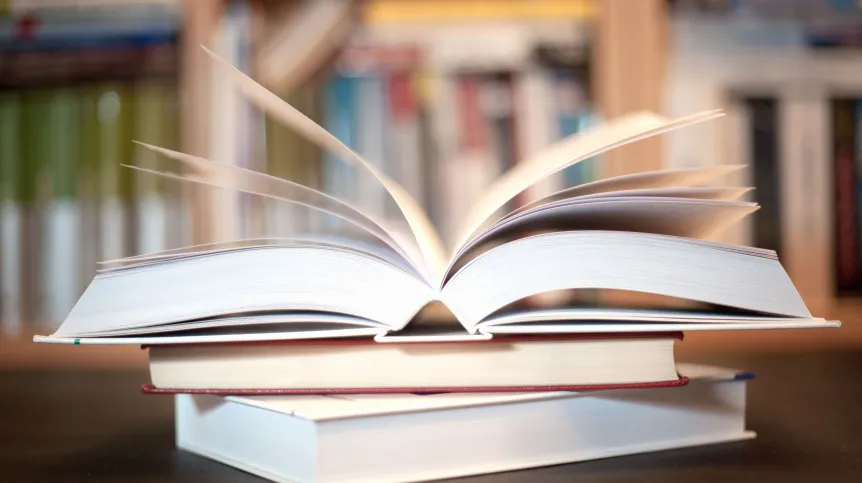
Professor Krystyna Radziszewska from the University of Lodz and Professor Sascha Feuchert from the University of Gießen won the Polish-German Copernicus Award 2022 for their collaboration in the field of Holocaust studies, the Foundation for Polish Science (FNP) announced.
The award is presented by the Foundation for Polish Science and the Deutsche Forschungsgemeinschaft (DFG, German Research Foundation).
The award winners are selected by a jury of scientists who represent the Polish and German scientific communities.
This year, the jury singled out Professor Sascha Feuchert and Professor Krystyna Radziszewska in appreciation of their in-depth collaboration in the field of Holocaust studies.
The organisers said: “In the jury’s view, their research into literary testimonies from the Jewish ghetto in Łódź/Litzmannstadt - the second largest in Poland under the Nazi occupation - has made a significant contribution to the reconstruction of day-to-day life and Jewish culture in the ghetto.
“The jury especially commended the five-volume edition of the so-called Ghetto Chronicle produced in cooperation with other colleagues, as well as the +Encyclopaedia+ of the ghetto.”
The added: “These annotated editions are records written jointly by Jewish ghetto residents, serving both to document historical events such as deportations and also preserve Jewish cultural history.
“According to the jury, they are of fundamental importance for research into Jewish life in the ghetto and form an essential basis for exploring research questions that go far beyond literary studies.”
Professors Sascha Feuchert and Krystyna Radziszewska have been working together since the 1990s. Over the years, a wide-ranging international network of researchers from various disciplines has developed around the collaboration between the two award winners.
The Copernicus Award has been awarded y the DFG and FNP since 2006. It is named after the astronomer Nicolaus Copernicus (1473-1543) and aims to reflect the close research collaboration between the two countries.
The prize of €200,000, is contributed equally by the two organisations; the two award winners each receive half and can use this sum for further research and strengthening Polish-German collaboration.
PAP - Science in Poland
szz/ mir/ kap/
tr. RL













